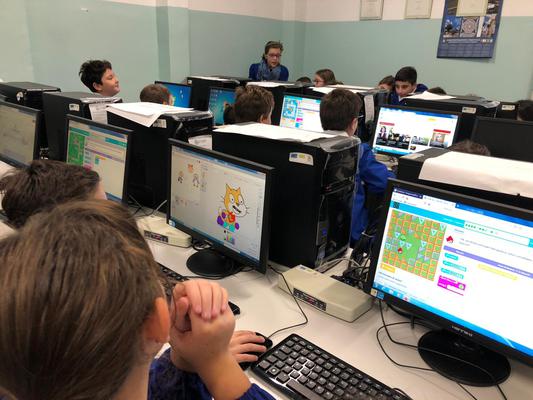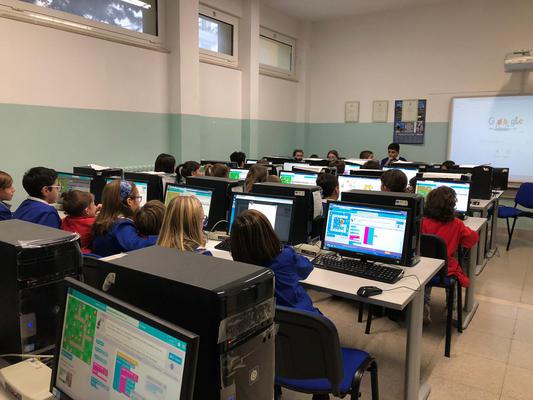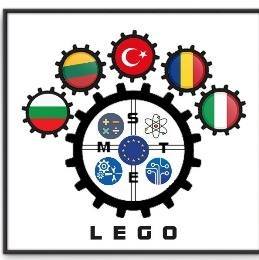About project
LEGOs have stood the test of time. Even with competing video and computer games, most kids still love building with bricks. These fun LEGO STEM activities give children hands-on practice with science, technology, engineering, and math – skills they’ll rely on for years to come. Today’s teachers have to prepare pupils for future professions, help to educate critical thinking, learn to solve everyday problems in an innovative way, improve communicative and collaborative skills, motivate to follow and to be interested in innovations, foster to include them in everyday life. Due to the large information flow and great supply of educational tools, it is difficult to examine and try all educational methods and tools. However, it is very important to select what is the most suitable for our pupils and which tools will be the best for capacity building and will prepare students for future lives and professions, which even do not exist in nowadays. Our project will promote togehter cooperation between partners. It is expected to exchange of best working practices, to examine new interactive tools used in education by each partner. The initiated project is concerned about practice-oriented teaching methods, which aim is to develop such skills as creativity, activity, team work.Our main objectives are:
O1: promoting the inclusion of students that are excluded, the pupils with absence of primary competences, the risk of being excluded, with particular needs supporting them to promote theirinclusion among the mainstream education and society. O2:applying innovative strategies to overcome exclusion in the society, the absence of primarycompetences and the exclusion issue O3:leading innovative ways in the development of social and emotional of the child as part of pupils with particular needs' in practical curriculum. O4.Improvement of pupils' confidence in new surroundings, with the view to to increasing their adaptability and adjustability O5 Enabling the development of intercultural competences of the contributors, their awareness of common European values.
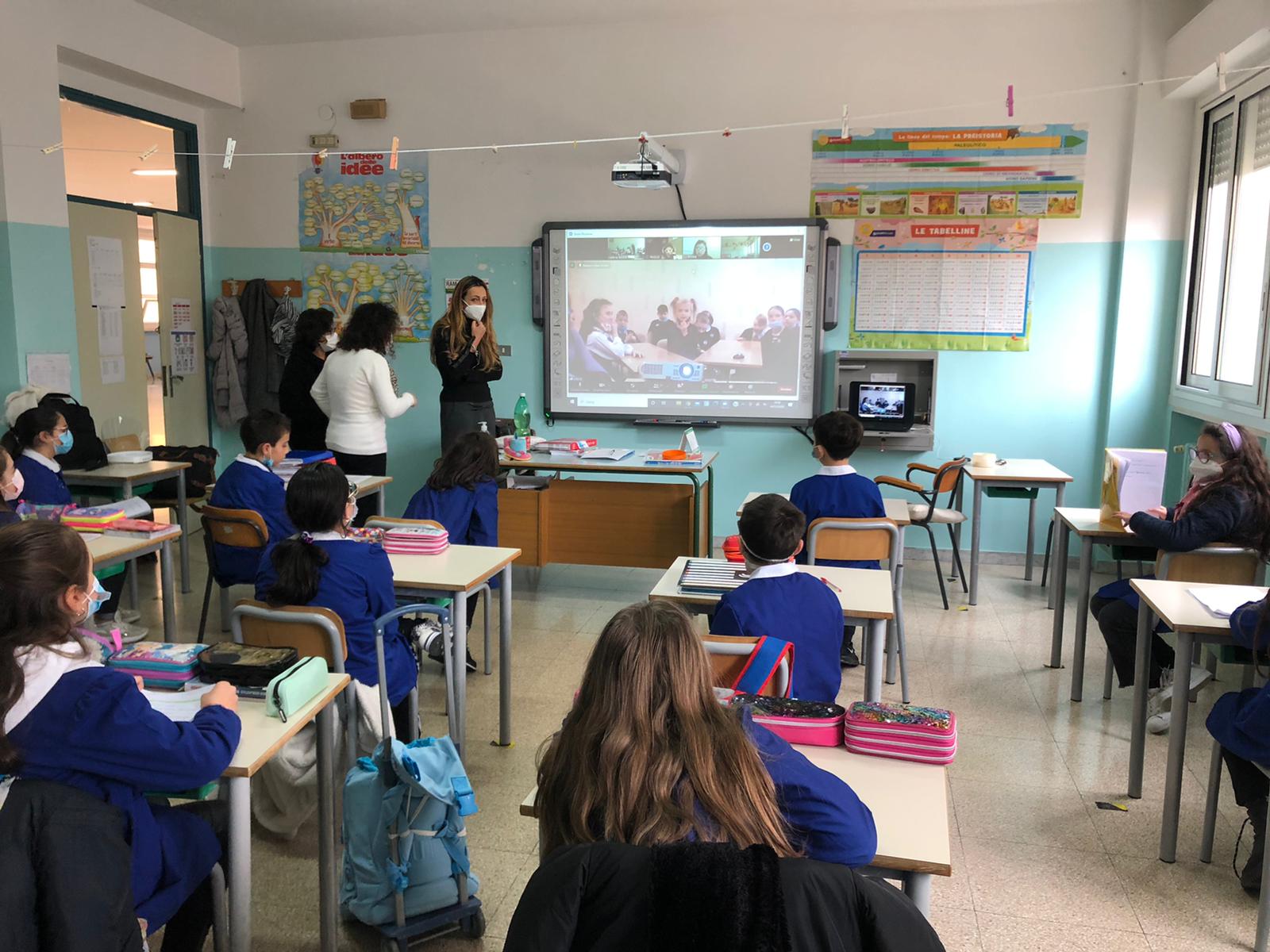
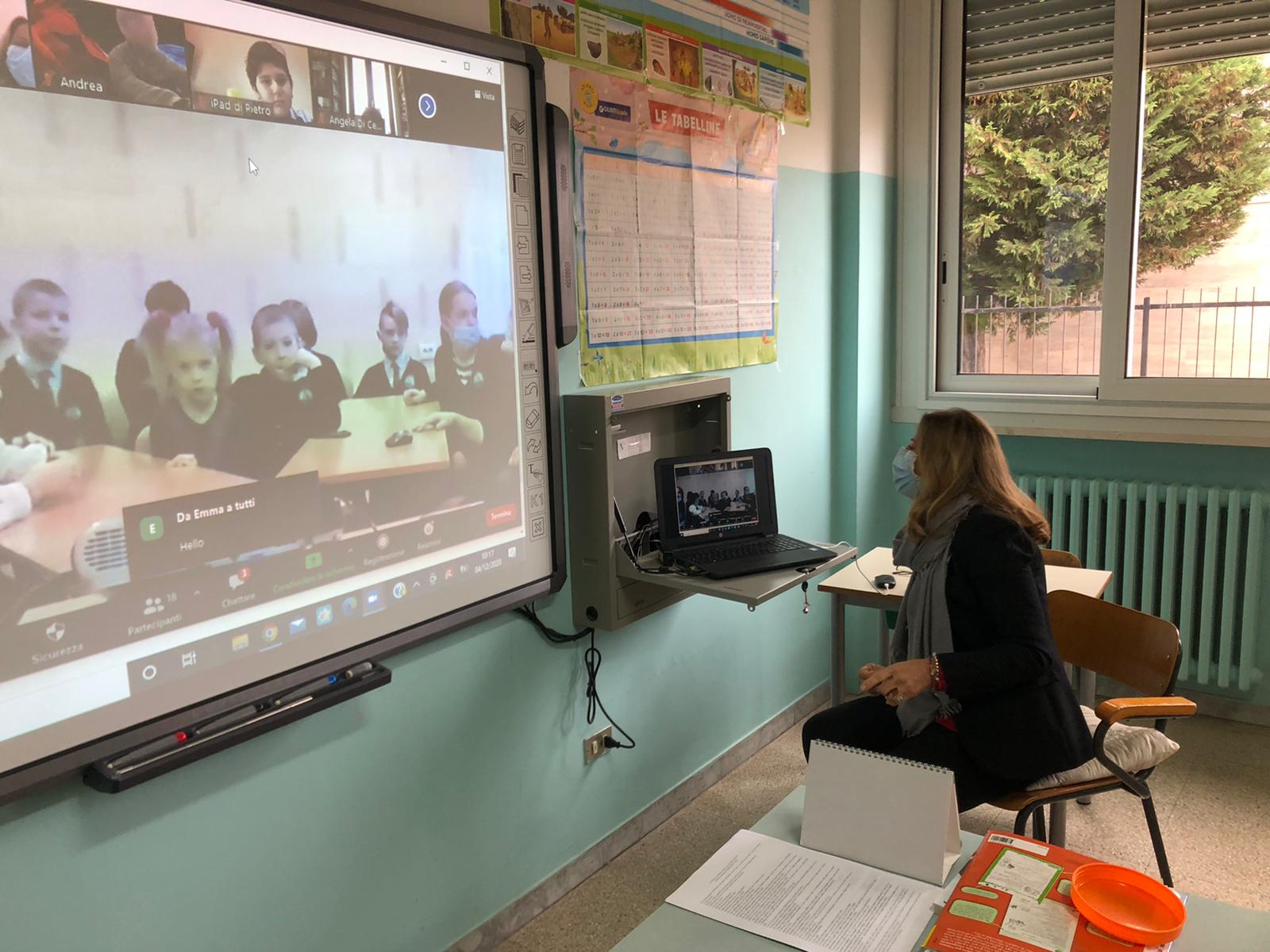
Managers, staff and parents will be involved in project activities.
New strategies are intended to be developed for these schools to increase their ability to prevent school abandonment through a partnership based on different international best practices in each school. The project is trying to find ways to encourage the inclusion of pupils at risk in the activities of the Community and on the labor market. We practice new connections between the formal and informal education and non-formal, in order to offer students solutions to these four problems and real opportunities for their behavior.
The concrete products of the project will be:
- Lego stem laboratory in each participant school.
- 20 stem activities with legos.
- web page of the project.
